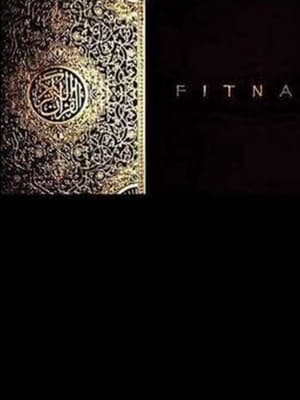
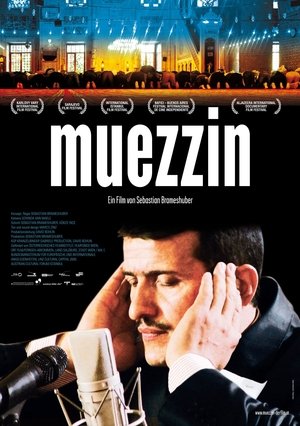
Muezzin(2010)
Documentary about a comptetition in Turkey for the best muezzin.

Movie: Muezzin

Muezzin
HomePage
Overview
Documentary about a comptetition in Turkey for the best muezzin.
Release Date
2010-04-15
Average
0
Rating:
0.0 startsTagline
Genres
Languages:
TürkçeKeywords
Similar Movies
 6.3
6.3Afghan Star(en)
This documentary on the effect the talent competition "Afghan Star" has on the incredibly diverse inhabitants of Afghanistan affords a glimpse into a country rarely seen. Contestants risk their lives to appear on the television show that is a raging success with the public and also monitored closely by the government.
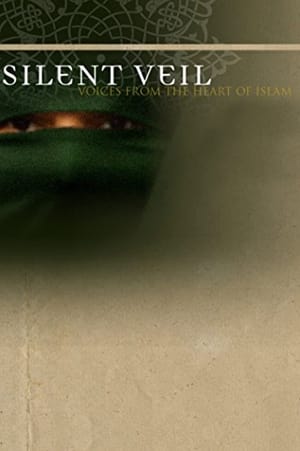 0.0
0.0Silent Veil(en)
In Pakistan, veils hide one of the country's most terrible secrets. Driven by revenge, jealousy or sexual non-co-operation some men subject their wives to horrific attacks with acid that is freely available in the street. Completely disfigured, the victims are often ostracized by their families and become prisoners in their own home. This chilling documentary is a terrifying insight into the shattered lives of these women.
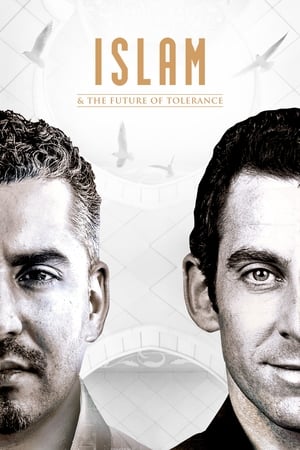 7.8
7.8Islam and the Future of Tolerance(en)
In the thick of a controversial war of ideas, two enlightening figures, Sam Harris, an atheist and a critic of religion, and Maajid Nawaz, an Islamist-turned-liberal activist, partake in an engaging dialogue on the state of Islam, its potential reform, the militant ideology of Islamism, and where all this lays in a secular world.
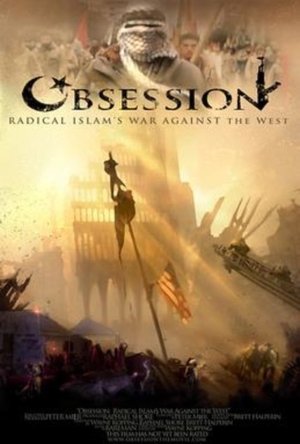 5.2
5.2Obsession: Radical Islam's War Against the West(en)
Obsession is a film about the threat of Radical Islam to Western civilization. Using unique footage from Arab television, it reveals an 'insider's view' of the hatred the Radicals are teaching, their incitement of global jihad, and their goal of world domination.
 0.0
0.0The Perfumed Garden(ar)
THE PERFUMED GARDEN is an exploration of the myths and realities of sensuality and sexuality in Arab society, a world of taboos and of erotic literature. Through interviews with men and women of all ages, classes, and sexual orientation, the film lifts a corner of the veil that usually shrouds discussion of this subject in the Arab world. Made by an Algerian-French woman director, the film begins by looking at the record of a more permissive history, and ends with the experiences of contemporary lovers from mixed backgrounds. It examines the personal issues raised by the desire for pleasure, amidst societal pressures for chastity and virginity. The film discusses pre-marital sex, courtship and marriage, familial pressures, private vs. public spaces, social taboos (and the desire to break them), and issues of language.
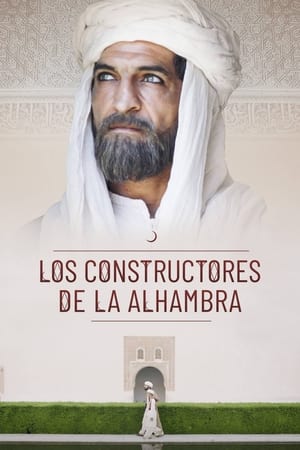 7.0
7.0The Builders of the Alhambra(es)
Kingdom of Granada, al-Andalus, 14th century. After recognizing that his land, always under siege, is hopelessly doomed to be conquered, Sultan Yusuf I undertakes the construction of a magnificent fortress with the purpose of turning it into the landmark of his civilization and his history, a glorious monument that will survive the oblivion of the coming centuries: the Alhambra.
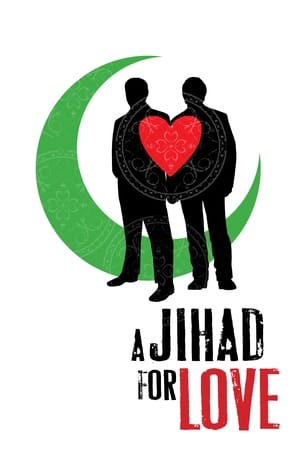 5.2
5.2A Jihad for Love(en)
A documentary on gay, lesbian, and transgender Muslims across the Muslim and Western worlds.
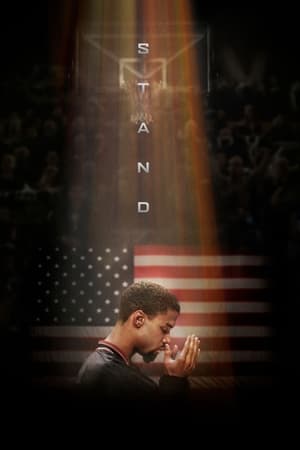 8.0
8.0Stand(en)
Raw and unflinching examination of the courageous life of basketball star and social justice activist Mahmoud Abdul-Rauf. Born Chris Jackson, he overcame tremendous adversity to reach the NBA and found his true calling when he converted to Islam. His decision not to stand for the national anthem, however, turned him from prodigy to pariah. Told candidly by Abdul-Rauf himself more than 20 years later it’s the remarkable story of one man who kept the faith and paved the way for a social justice movement.
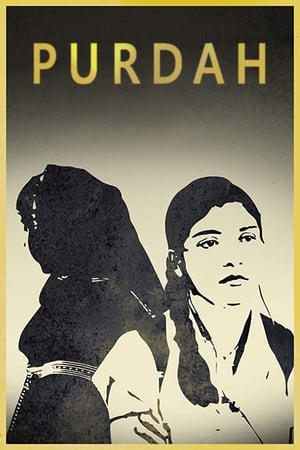 10.0
10.0Purdah(hi)
The inspiring story of a young Indian Muslim woman who trades her burka for dreams of playing on the Mumbai Senior Women's Cricket Team and how the harsh realities for women in her country creates an unexpected outcome for her own family, ultimately shattering and fueling aspirations.
 7.8
7.8The Ornament of the World(en)
Filmed in Cordoba, Granada, Seville, and Toledo, this documentary retraces the 800-year period in medieval Spain when Muslims, Christians, and Jews forged a common cultural identity that frequently transcended their religious differences, revealing what made this rare and fruitful collaboration possible, and what ultimately tore it apart.
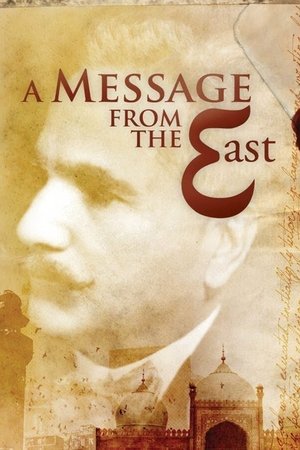 0.0
0.0A Message from the East(en)
The story of Muhammad Iqbal, a turn of the century poet/philosopher from South Asia. Through Iqbal's work we open a dialog between the East and West, refute the notion of a class of civilizations and discover our shared humanity.
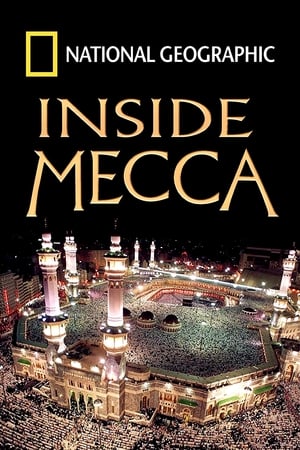 6.6
6.6Inside Mecca(en)
The events of the hajj have long remained veiled from non-Muslims, who are forbidden even to enter the holy city of Mecca. A team of Muslim filmmakers gained access to Islam's holiest place at the peak of the pilgrimage to document the holy event for National Geographic Television.
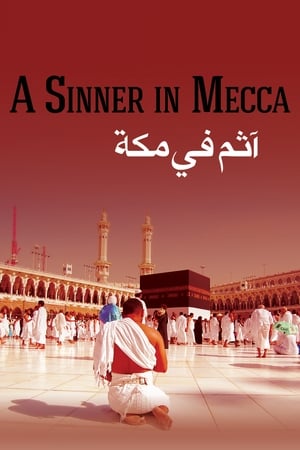 6.3
6.3A Sinner in Mecca(en)
For a gay filmmaker, filming in Saudi Arabia presents two serious challenges: filming is forbidden in the country and homosexuality is punishable by death. For filmmaker Parvez Sharma, however, these were risks he had to assume as he embarked on his Hajj pilgrimage, a journey considered the greatest accomplishment and aspiration within Islam, his religion. On his journey Parvez aims to look beyond 21st-century Islam’s crises of religious extremism, commercialism and sectarian battles. He brings back the story of the religion like it has never been told before, having endured the biggest jihad there is: the struggle with the self.
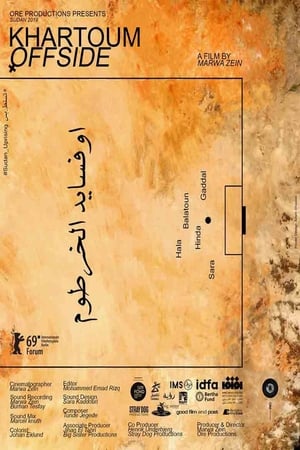 0.0
0.0Khartoum Offside(ar)
A group of exceptional young ladies in Khartoum are determined to play football professionally. They are prepared to defy the ban imposed by Sudan's Islamic Military government and they will not take no for an answer. Their battle to get officially recognized as Sudan's National Woman's team is fearless, courageous and often laughable. But their struggle is unwavering. Through the intimate portrait of these women over a number of years we follow their moments of hope and deception. Despite the National Football Federation getting FIFA funds earmarked for the women's teams, this team continues to be marginalized. However, there is a new spark of hope when the elections within the federation could mean real change of the entire system.
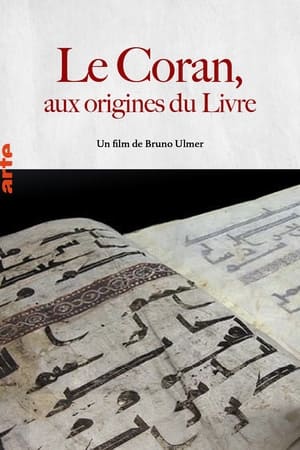 8.0
8.0The Quran, The Origins Of The Book(fr)
The Quran is the Holy Book of Islam, a religion shared by more than a billion followers worldwide. For the Muslim tradition, since its revelation to the Prophet Muhammad between the year 610 and 632 of the Christian era in Mecca and Medina, the Koran is immutable, and has remained maintained. However, recent discoveries of Koranic manuscripts analyzed by scientists, dated around the year 680 - the oldest known in the world - revealed that the Koran has a history. During the first century of Islam, and before the canonical version of the Caliph Uthman imposed itself, the holy book of Islam would have known competing versions, a different organization of the suras, variable readings due to a writing, in its beginnings, very rudimentary… It is to this meeting of knowledge, at the crossroads between the Muslim tradition and scientific research, that this journey to the origins of the Koran invites.
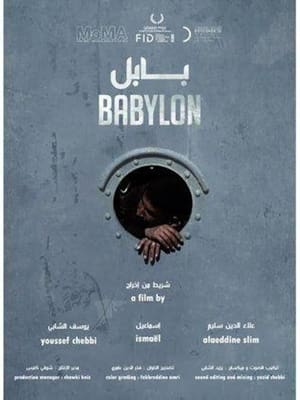 0.0
0.0Babylon(ar)
After the insurrection erupted in Libya in the spring of 2012, more than a million people flocked to neighboring Tunisia in search of a safe haven from the escalating violence. When a massive refugee camp was hastily constructed near the Ras Jdir border checkpoint in Tunisia, a trio of filmmakers carried their cameras in and began filming with no agenda. This on-the-fly chronicle of the camp's installation, operation, and dismantling captures a postmodern Babel complete with a multinational population of displaced folk, a regime of humanitarian aid workers, and international media that broadcasts its “image” to the world. Visually stunning and refreshingly undogmatic, Babylon reveals a rarely seen aspect of the Arab Spring.
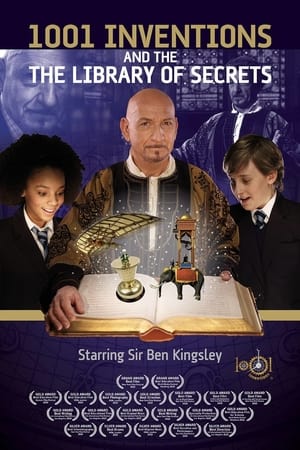 5.5
5.51001 Inventions and the Library of Secrets(en)
Three school children visit a dusty library to research the story of 'The Dark Ages'. What they find changes their world view dramatically as ingenious inventors and pioneers of science and culture from the Muslim civilization are vividly brought to life.
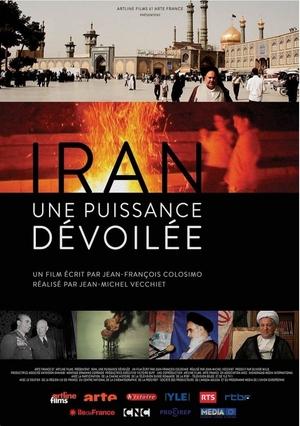 8.0
8.0Iran: The Hundred Year War(fr)
What kind of world power is Iran becoming, and how will Western countries deal with it?
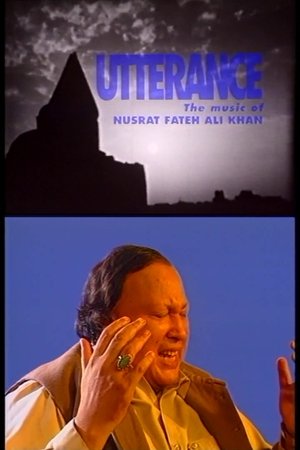 0.0
0.0Utterance: The Music of Nusrat Fateh Ali Khan(en)
Short documentary about Pakistani musician, Nusrat Fateh Ali Khan (1948-1997), leading exponent of Sufi devotional qawwali singing.
